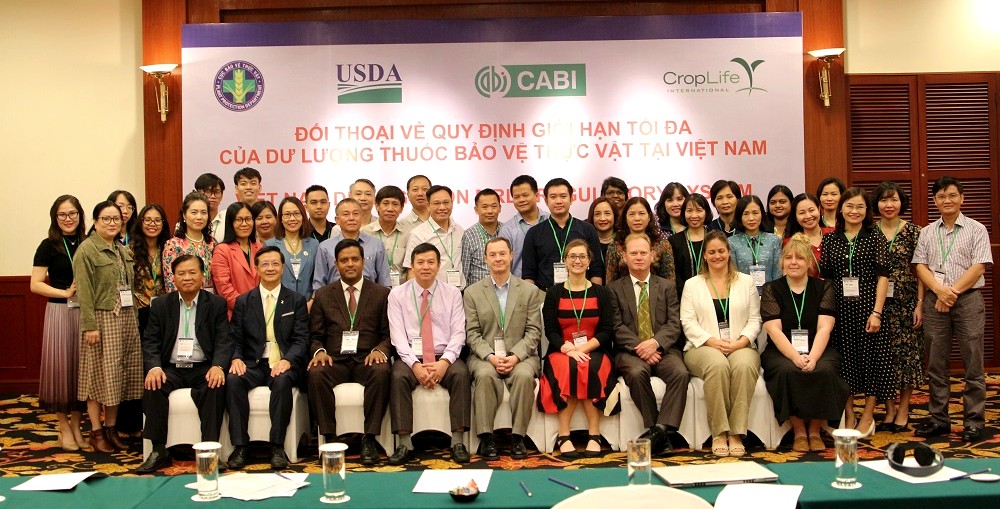Farming tropical insects to feed the world in 2050
Farming edible insects to provide protein for people and in animal feed is seen as a way to meet food demands of the world’s population in 2050. Dr Sarah Beynon, an entomologist, was a guest on BBC radio 4 programme Midweek[18th November 2015] & fellow guests were invited to try cricket flour cookies and mealworm burgers. She is on a mission to both educate the UK public on the importance of insects (including wasps and spiders) and to provide sustainable food by farming tropical insects. CABI’s role in ProteINSECT, the EU project trialling insect protein in animal feed, is highlighted.
E. coli O104: Should we believe them this time?
Choose your sprouts carefully Apparently its now thought that fenugreek seeds sourced in Egypt were the cause of the recent outbreaks in Germany and France. I suggest you read today's Update on E.coli O104 outbreaks from EFSA and draw your own conclusions. The update tells us that the particular batch of fenugreek seeds has been…
Germany scores own goal…its not Spanish cucumbers!
It's not cucumbers, it might be beansprouts? E. coli O104 has killed 22 people so far, made over1400 ill and reached 11 countries. It has had a significant effect on two countries- damaging Spain’s economy and damaging the credibility of the German public health system. The fallout is broader still: the EU – and that…
Why Washing Your Vegetables and Hands May Not Protect You from E. coli, Staphylococcus, Salmonella…?
Following the recent outbreak of E. coli food poisoning in Germany that claimed at least 37 lives as of 14 June 2011 and still counting, numerous articles have been written, but many fundamental questions still remain unanswered. As you will remember, contaminated Spanish cucumbers were initially blamed for the outbreak of E. coli infection, which prompted the Spanish…
Sustainable food doesn’t mean saying no to technology
The First Sustainable Food Chain Summit last week gave a clear message that to provide food sustainably for the future we need to use technology to bridge the gap between available resources and the amount of food we need to produce. As well as recommending the use of technology, to increase shelf life and reduce…
Melamine in the Centre of Food Safety Scandal in China
Two infants have already died after they were fed milk formula laced with melamine and doctors are fighting to save the lives of over 1250 babies who have fallen ill with kidney stones.




